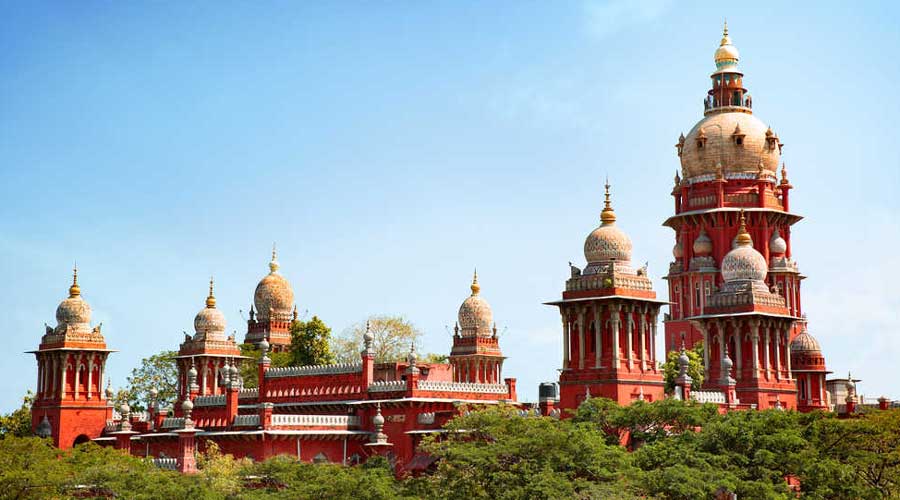Rehan Khan
A petition had been submitted to the Madras High Court requesting that the Hindi names of the new criminal laws—Bharatiya Nyaya Sanhita 2023, Bharatiya Sakshya Adhiniyam 2023, and Bharatiya Nagarik Suraksha Sanhita 2023—be declared unconstitutional, as they allegedly violate the Indian Constitution, the Official Language Act 1963, and the Tamil Nadu Official Language Act 1956.
B Ramkumar Aadityan, the counsel for the petitioner submitted that there are 28 states and eight union territories in the country, and only nine states and two union territories have Hindi as their official language. Hindi iss the mother tongue of only 43.63% of India’s population, not the rest. Even so, the Union government has given Hindi and Sanskrit names to the important new legislations.
The petitioner further argued that as per Article 348(1)(b) of the Indian Constitution, “the authoritative texts of all Acts passed by Parliament or the Legislature of a State and of all Ordinances promulgated by the President or the Governor of a State, shall be in English.”
The plea was filed before a division bench of Acting Chief Justice R Mahadevan and Justice Mohammed Shaffiq, which issued notice to the Union Government. The bench declined to stay the operation of the new laws, but seeks Union’s response on the matter. The matter has been posted to 23rd July.
Additional Solicitor General ARL Sundaresan, on behalf of the Union Government replied to the Court that the Hindi names assigned to the three new laws have been written using the English alphabet. He noted that over time, both the public and lawyers would become familiar with the new names. Additionally, he argued that the names of the new laws did not impact anyone’s fundamental rights, thus not justifying court intervention.
“People will get used to these names eventually. It is a matter of time. But these names do not breach any constitutional rights or citizens’ fundamental rights. These names are not in violation of Article 348”, Sundaresan argued. He further contended that, “It’s the wisdom of the parliament. If it’s against the constitution, then okay. But no rights are affected”
Case Title: B Ramkumar Adityan v Cabinet Secretary and Others, WP 17877 0f 2024

